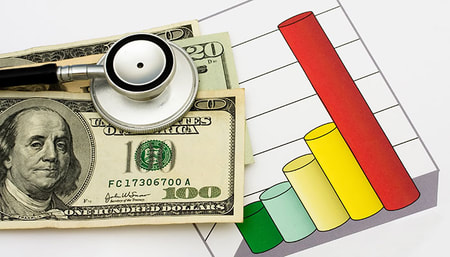|
When Medicare first began in 1965, the idea was that it was for everyone over age 65, not just those who were poor. There would be no stigma.
Things are different now. We live longer. Medical costs are rising. In 2003, Congress decided that those with higher incomes should chip in extra to share the load. This extra is called the "income-related monthly adjustment amount" (IRMAA). There are two areas of Medicare coverage that incur IRMAA fees:
If the Social Security Administration (SSA) determines your income qualifies, it will add a fee to your monthly premium for Medicare Part B and another for prescription drug coverage. These IRMAA fees are deducted from your Social Security payment each month. What is "higher income"? The SSA looks at your adjusted gross income from two years ago (e.g., from 2022 for your 2024 rate). It adds back in a few tax deductions such as IRA contributions or Social Security payments. This usually higher amount becomes your "modified adjustable gross income" (MAGI). In 2024, IRMAA will likely apply if your 2022 MAGI was more than $102,500 for an individual or $205,000 for a married couple. A caution about special circumstances: If you have a one-time bump in income (e.g., from the sale of your home or business), you may be assessed a one-year IRMAA fee. Having trouble paying your IRMAA?
Have questions about Medicare? Give us a call at 203-826-9206.
0 Comments
Your comment will be posted after it is approved.
Leave a Reply. |
AuthorLeslie Alin Tewes is a Geriatric, Disability & Medical Care Manager; Elder and Adult Care Advocate; Quality Improvement Specialist. Archives
July 2024
Categories |



 RSS Feed
RSS Feed

